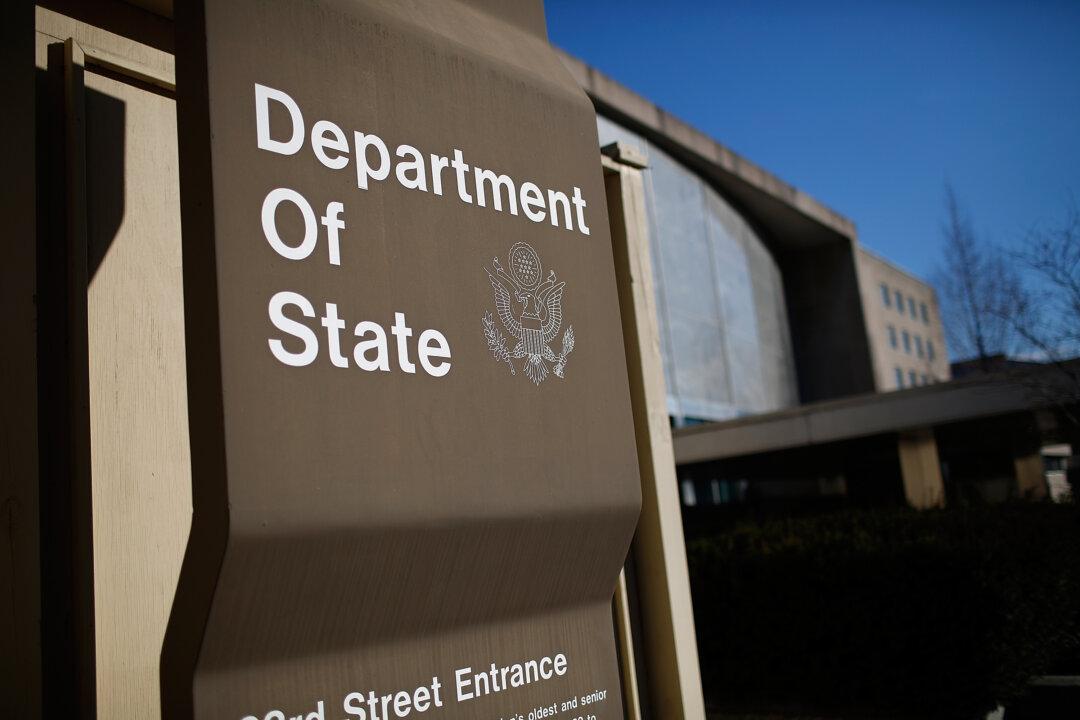A State Department official urged Twitter to delete accounts that he claimed were controlled by the Russian government, a newly disclosed file shows.
“The below are some Russian government controlled accounts that I think you will want to look into and delete,” Mark Lenzi, a security engineer, wrote in a 2020 email to an official at the social media platform.





